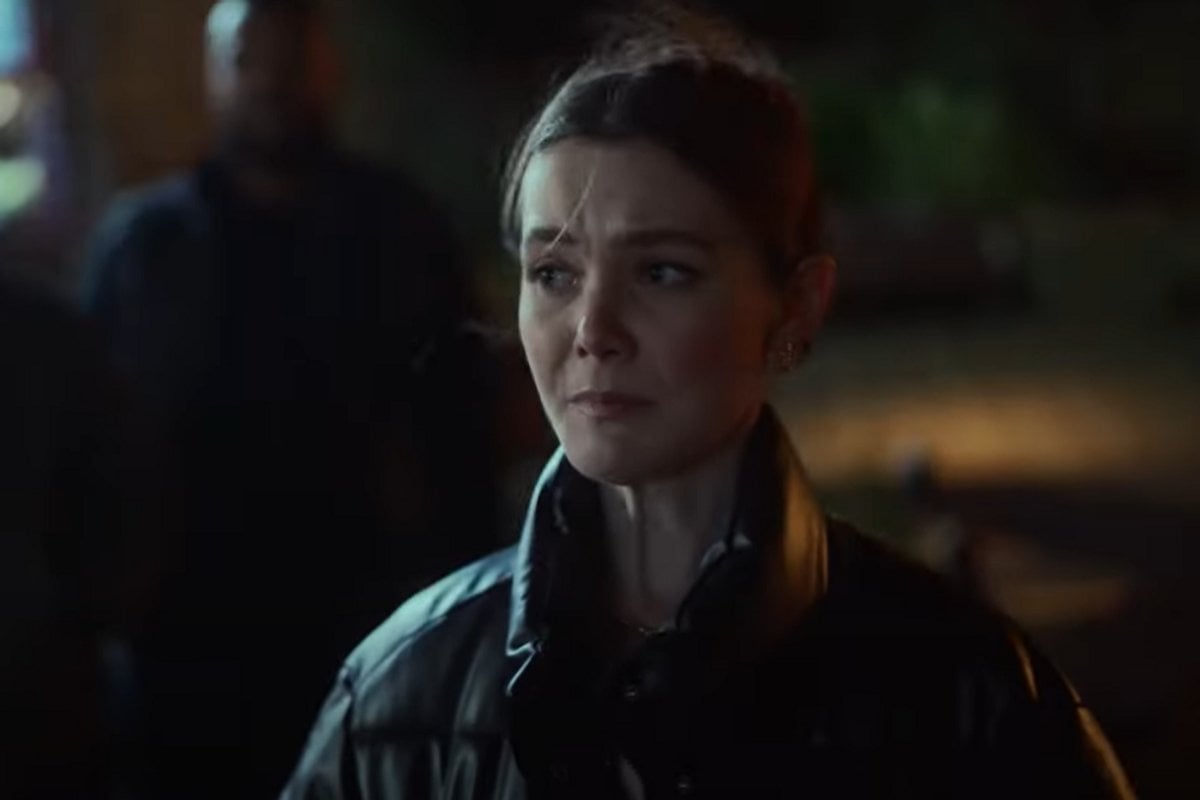
This post deals with violence against women and could be triggering for some readers.
"Be careful."
That's one of the first things a young girl is told. And she'll hear it throughout her lifetime from pretty much everyone she knows - parents, friends, relatives, colleagues, neighbours, and even acquaintances. She’ll hear it from authority figures like politicians and policemen.
"Be careful."
Girls and women quickly learn to be careful. We learn to be aware of our surroundings, to walk in well-lit areas, to not walk home too late, to place our keys between our fingers when it’s dark, to hold our mobile phones close just in case, to keep an eye out for those who might be following, to dress a certain way, to watch our drink at the bar, to not drink too much, to say to all our friends: “Text me when you get home so I know you’re safe”.
In Australia, a woman is murdered each week, often by a current or former partner. It’s only March and already nine women have been killed. And we’re living in a first-world country. Can you imagine the horrors young girls and women face in third-world countries?
According to national and international research, violence against women is overwhelmingly perpetuated by men.
Think of Jill Meagher. Eurydice Dixon. Aiia Maasarwe. Masa Vukotic. They were all outside, walking. And they were all murdered by in cold blood by men.
As soon as these murders happened, we were told, as always: “Be careful.” Because look what happens when you’re not careful. There is blatant victim-blaming. Why is it that women are always being schooled on their behaviour?

Top Comments